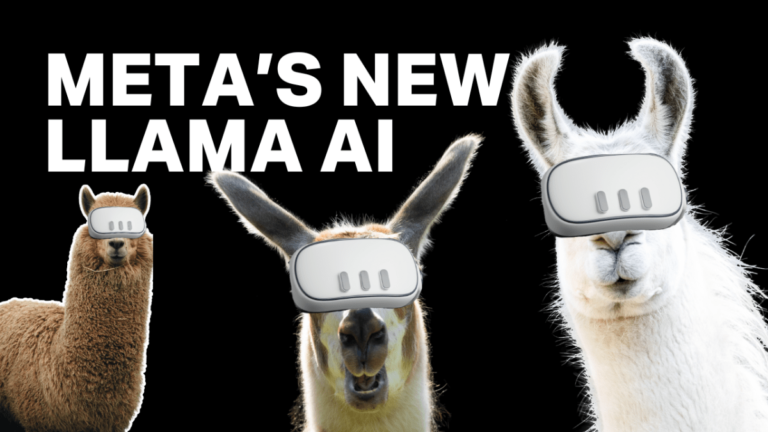
New AI models from Meta are making waves in technology circles.
Meta’s new Llama models have differently sized underlying datasets, with the Llama 3 8B model featuring eight billion parameters, and the Llama 3 70B model some seventy billion parameters.
The company’s new models, which were trained on 24,000 GPU clusters, perform well across benchmarks that Meta put them up against, besting some rivals’ models that were already in the market.
What matters for those of us not competing to build and release the most capable, or largest AI models, what we care about is that they are still getting better with time.
While Meta takes an open-source approach to AI work, its competitors are often prefer more closed-source work.

According to a post from Ghost founder John O’Nolan, the company — which is structured as a nonprofit — is considering federating Ghost over ActivityPub, the social networking protocol that powers the fediverse.
It also asks how federation would personally benefit Ghost users.
With Ghost, however, the idea could be to federate the accounts of the writers who use Ghost to publish their content.
After seeing O’Nolan’s post, Mastodon CTO Renaud Chaput reached out to help with the ActivityPub integration, which O’Nolan accepted.
In addition to Newton, other notable Ghost users include 404Media, Buffer, Kickstarter, David Sirota’s The Lever and Tangle, to name a few.
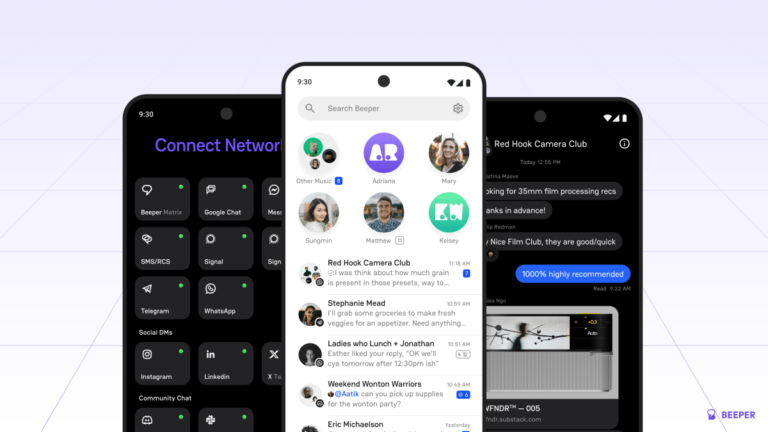
WordPress.com owner Automattic is acquiring Beeper, the company behind the iMessage-on-Android solution that was referenced by the Department of Justice in its antitrust lawsuit against Apple.
One of the reasons why there are no other people building this type of app is it costs a surprisingly large amount of money to build a damn good chat app,” Migicovsky noted.
As for Beeper’s products, the company has now briefed the DOJ on what happened when Apple blocked its newer app, Beeper Mini, which aimed to bring iMessage to Android.
Beeper on Android launches to allThe company is instead releasing an updated version of its core app, Beeper, on Android.
In this rewritten version of Beeper, the company is starting to roll out fully end-to-end encrypted messages across Signal.
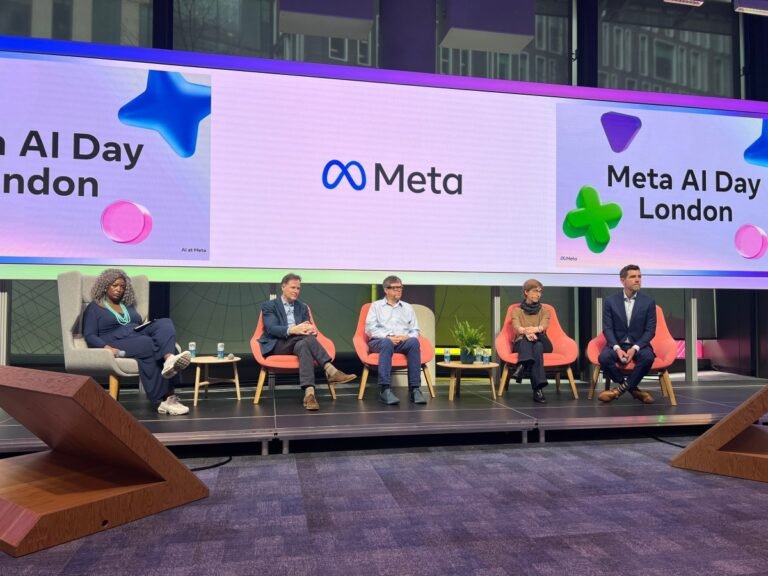
“Our goal over time is to make a Llama-powered Meta AI be the most useful assistant in the world,” said Joelle Pineau, Vice President AI Research.
Most notably, Meta’s Llama families, built as open-source products, represent a different philosophical approach to how AI should develop as a wider technology.
But Meta is also playing it more cautiously, it seems, especially when it comes to other generative AI beyond text generation.
Ironically — or perhaps predictably (heh) — even as Meta works to launch Llama 3, it does have some significant generative AI skeptics in the house.
It’s not generative AI,” he said.

The Linux Foundation last week announced that it will host Valkey, a fork of the Redis in-memory data store.
Valkey is backed by AWS, Google Cloud, Oracle, Ericsson and Snap.
AWS and Google Cloud rarely back an open-source fork together.
At the time, Redis said that despite this change for the modules, “the license for open-source Redis was never changed.
This fork originated at AWS, where longtime Redis maintainer Madelyn Olson initially started the project in her own GitHub account.

Hey, folks, welcome to Week in Review (WiR), TechCrunch’s regular newsletter recapping noteworthy happenings in tech over the past few days.
This week, TechCrunch viewed leaked documents out of SpaceX showing some questionable practices related to employee stock options.
X CEO Elon Musk announced that he would open source Grok, X’s AI-powered chatbot meant to compete with OpenAI’s ChatGPT.
Grok — developed by Musk’s AI startup, xAI — was released last year, armed with features such as access to “real-time” information on X and views undeterred by “politically correct” norms.
On Found, Becca and Dom spoke with Rebecca Hu, the CEO and co-founder of Glacier, an AI robotics company that’s building robots to accurately sort recycling.

Lago, developer of an open-source billing platform, has picked up the funding across two rounds of funding it’s revealing to coincide with its official launch.
The Lago doing business today as a billing platform got its start in a very classical startup way: it had no idea that it would be a billing platform.
There are even a number of providers already pursuing an open-source approach, including FossBilling, ChargeBee, Kill Bill, AppDirect’s jBilling and the imaginatively named “Open Source Billing.” (Why beat around the bush?)
So it’s an it’s still an unsolved problem.” In Lago’s view, offering open source tools is that best solution to meet a variety of needs and ideas.
For some of those users, the open source ethos also lines up with what they are hoping to espouse themselves as businesses.
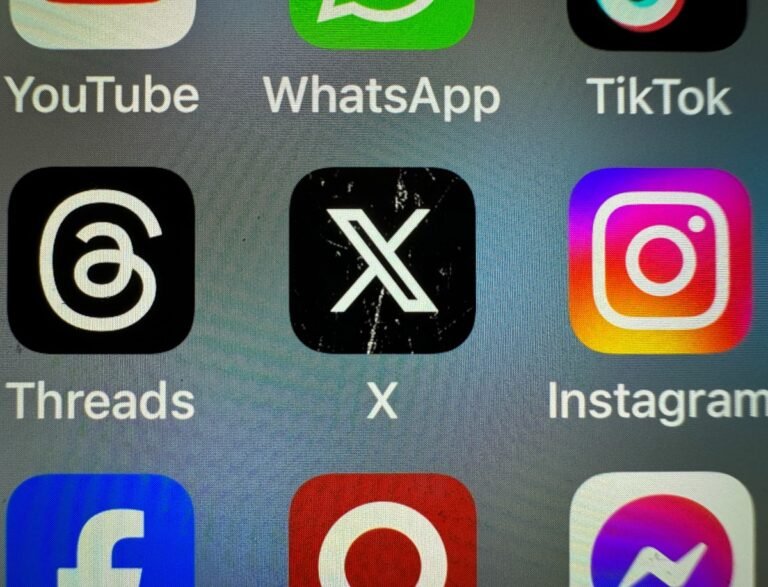
Listen here or wherever you get your podcasts.
Hello, and welcome back to Equity, the podcast about the business of startups, where we unpack the numbers and nuance behind the headlines.
This is our Monday show, in which we take a look back at the weekend and what’s ahead in the week.
Over the weekend, we dropped an interview with Roger Lee that is well worth your time, and here’s our take on Reddit’s IPO financials.
Here’s what we got into today:
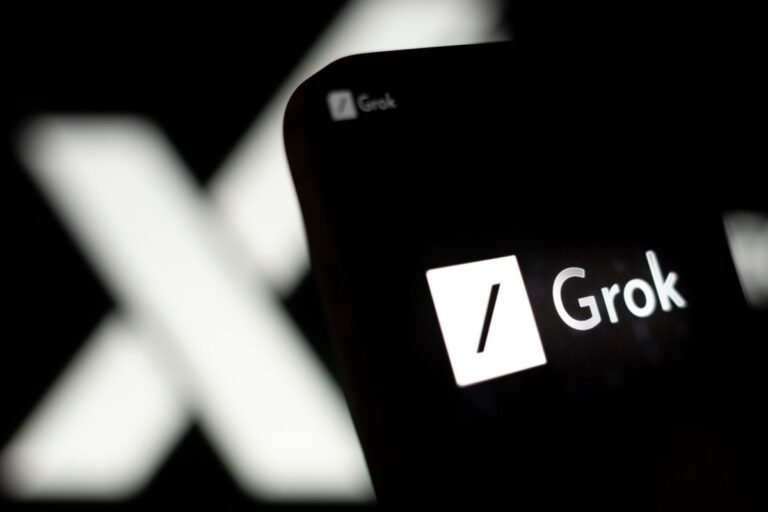
Elon Musk says xAI will open-source Grok this weekElon Musk said Monday he will open-source Grok, X’s AI chatbot rivaling ChatGPT, this week, days after suing OpenAI and complaining that the Microsoft-backed startup had deviated from its open roots.
Musk’s AI startup xAI released Grok, featuring “real-time access” to information, last year.
The service is available to customers paying for X’s subscription.
This is developing story.
Check back for updates.
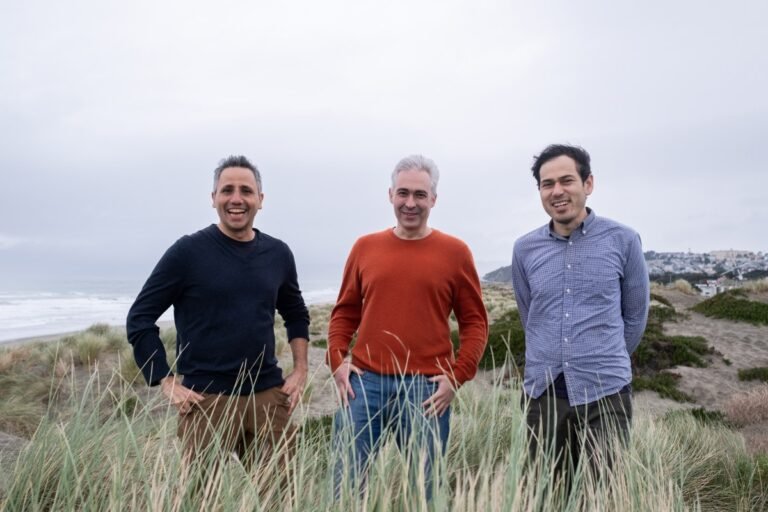
Co-founders Ozgun Erdogan and Umur Cubukcu previously built Citus Data, where they also met Daniel Farina, who previously was instrumental in building Heroku PostgreSQL.
Citus Data wouldn’t have been possible without,” Cubukcu said.
“Fifteen years ago, all those service [that are on the Ubicloud roadmap] did not have open-source data plane components.
These days, for the core services, all of those now have good open-source alternatives, barring maybe one or two,” he said.
The company currently has 10 employees, split between San Francisco, Amsterdam (where the Citus Data team built a small engineering team during the team’s Microsoft days) and Istanbul.













